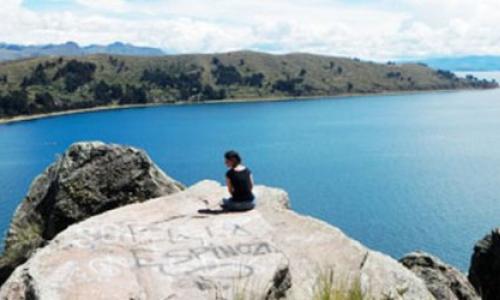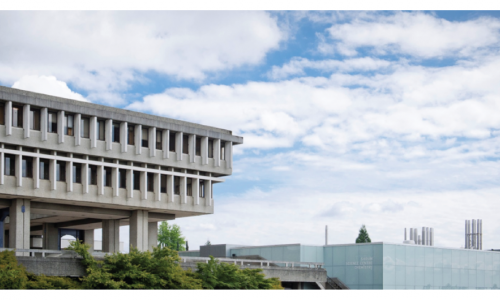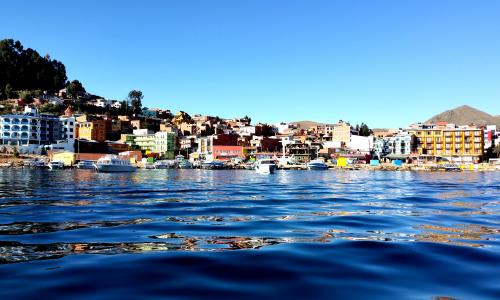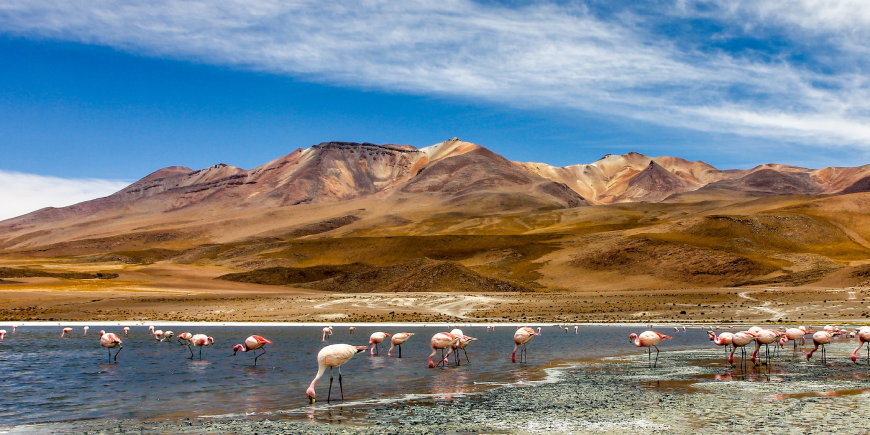
Jeff Lemon spent eight months living and working in Bolivia. He consulted with CIDEO to develop best practices and examine the issues surrounding Bolivia’s food security, while helping illustrate the enormous potential for social innovation and local economic development in the region. Find out more about his experience in his interview with International Co-op.
If you could describe your international experience in one word, what would it be?
Incredible.
What made you decide to do the Students for Development Program?
The program gave me the opportunity to gain valuable field experience while also being able to travel.
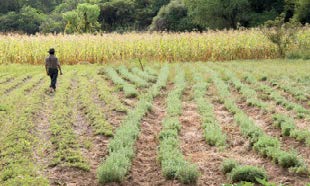
Where did you go and why? Which partner organization did you work with?
I choose to go to Bolivia so I could have more freedom to create my own work project. I ended up working with Centro Integral de Desarrollo Economico Comunitario (CIDECO), in association with the Centre for Sustainable Community Development at Simon Fraser University, as part of the Bolivian CED Project.
How did you find your position?
I worked with the Centre for Sustainable Community Development to find my position at CIDECO.
What did your work-study entail?
I worked with CIDECO (as a consultant) to develop a “best practice” resource and supplementary workshops for a number of Bolivian municipalities. The resource was offered an alternative way to examining the issues surrounding Bolivia’s food security, while helping illustrate the enormous potential for social innovation and local economic development in the region. The supplementary workshops focused on how social innovation can be utilized through capacity building and skill development.
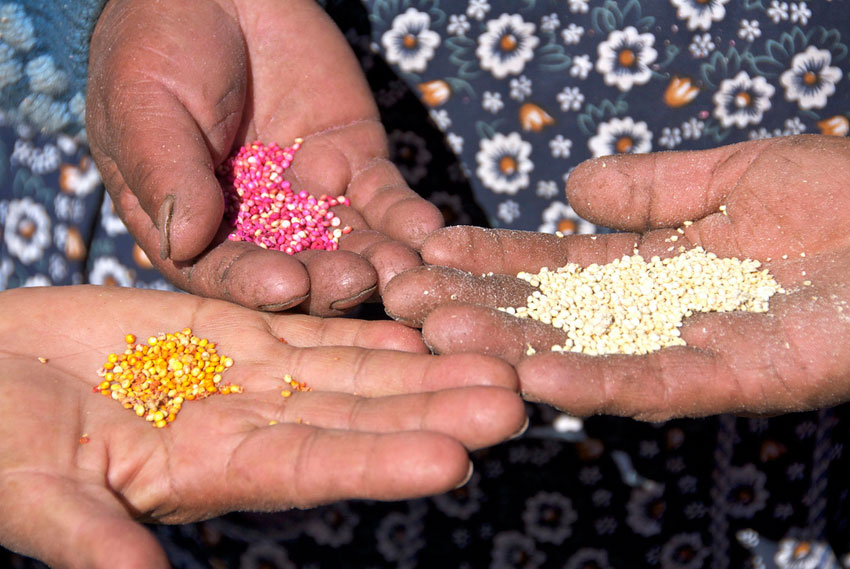
How did you prepare yourself to live and work abroad?
I did some research on Bolivia to get a better understanding of the country, culture and some possible places I wanted to travel to while I was there. When I arrived I worked with my supervisor at CIDECO to nail down the actual requirements of my work-study. I wanted to work with my organization to figure out what it was they needed.
What was it like to work in a different country? Was it your first time living and working abroad?
I found working in another country to be extremely gratifying. There is something to be said about leaving your “comfort zone” and experiencing new cultures. Although I have traveled before, this was my first experience working abroad.
Did you face any challenges throughout the work term? How did you deal with it?
I experienced a few challenges over the 8 months I was away. Although Bolivia is similar to Canada in many ways, I had to remind myself on a few occasions that it wasn’t “business as usual” due to the differences between our cultural norms. The biggest difference I noticed was the way that time was viewed. The best way for me to explain it is that it seems to be a variant of “island time” (where everything seems to move at a much slower pace). Despite being landlocked, “Bolivian time” seems to be very similar. Take business meetings for example. In the West we expect that meetings begin at their scheduled time, however, in Bolivia they tend to start late (sometimes 2 or 3 hours late).
I do remember taking this lateness as being disrespectful when I first arrived; however, the more I started to understand Bolivian culture, the more I began to realize that this is just how their culture operates. It was really frustrating, but once I could recognize the reasons for it I was able to let it go and enjoy my time there.
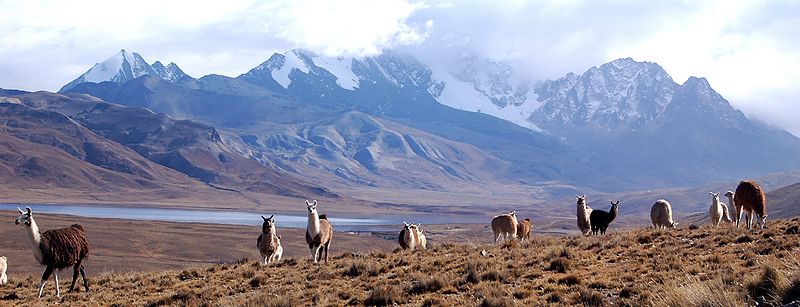
What impact did you make on the community?
Short term impact: CIDECO will be adding the workshops I developed to the existing community economic development (CED) programs they offer.
Long term impact: Only time will tell.
Although our work was well received and generated a lot of interest from the municipalities, the creation of lasting and impactful change through the adoption and implementation of this work inevitably falls on them moving forward.
Did you receive any financial support?
Research funding was provided through the Students for Development Program of the Association of Universities and Colleges of Canada (AUCC) and the Canadian International Development Agency (CIDA).
Did you get time to do other activities?
Absolutely! I took advantage of any time off I had. During the week I went to concerts and shows as often as possible. On weekends I would get together with my friends for dinner, and we usually ended up dancing by the end of the night.
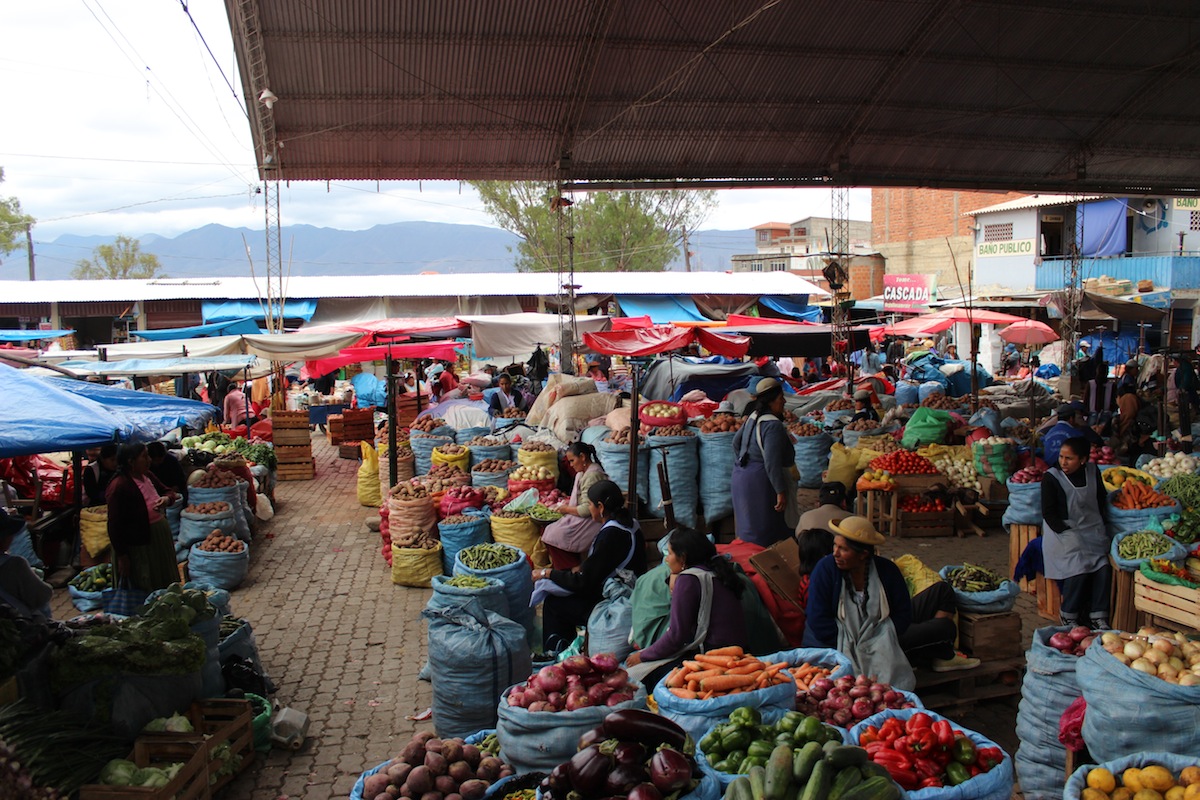
What was your favorite food in Bolivia?
Salteñas - Salteñas are traditional style of empanada and are a Bolivian specialty.
What was the best thing about working in Bolivia?
The best thing about working in Bolivia was experiencing Bolivian culture. Although they don’t have much (by Western standards), they are an incredibly friendly and giving people.
What was one of your most memorable moments?
I went for a 7-day adventure trek down the Rio Verde. During the trek we went canyoning, white water rafting, hiking, tubing (down slower parts of the river) and cliff diving. It was one of the most amazing experiences I’ve ever had.
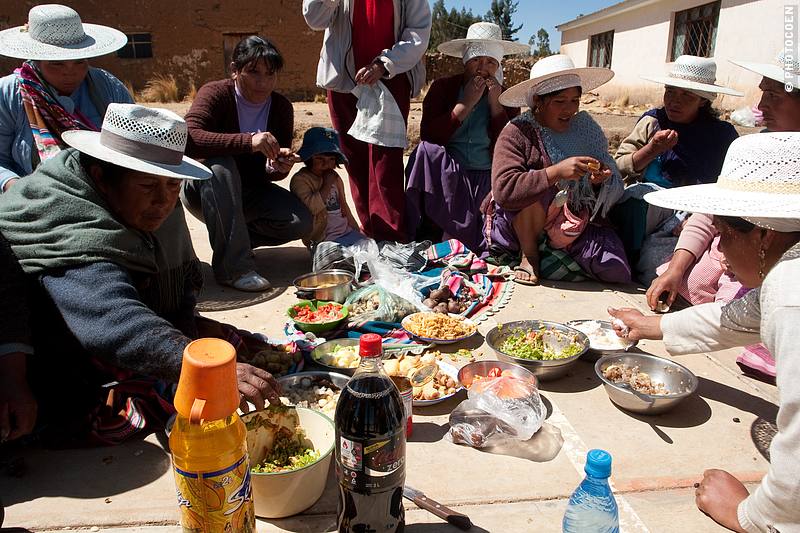
Were you able to make valuable connections/networks while abroad?
I was. I’m hoping to leverage some of the connections I made in Bolivia to potentially start some other projects with CIDECO over the next few years.
Has this experience abroad changed your career?
No, if anything it has helped me focus more. Being able to tailor my work-study into something I was interested in allowed me to really dive into my work. As for international development work, it’s something I’ve always been interested in doing. I’m hoping to have the chance to do it again, later in my career.
What is next for you?
I am in the process of building Canada’s first LEED certified sustainable brewery & distillery cooperative in Vancouver.
Beyond the Blog
- Learn more about International opportunities with SFU












